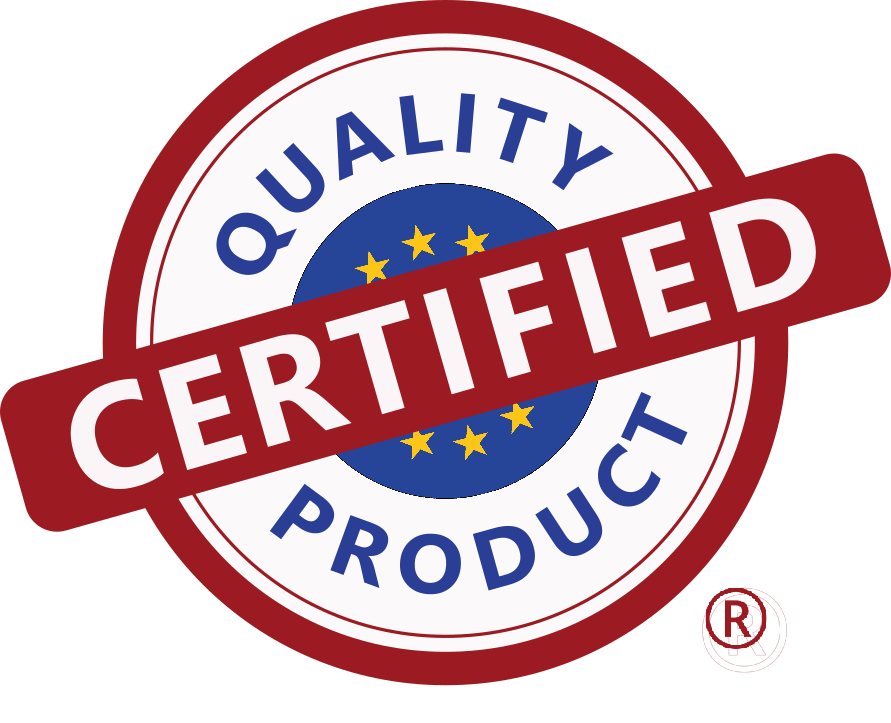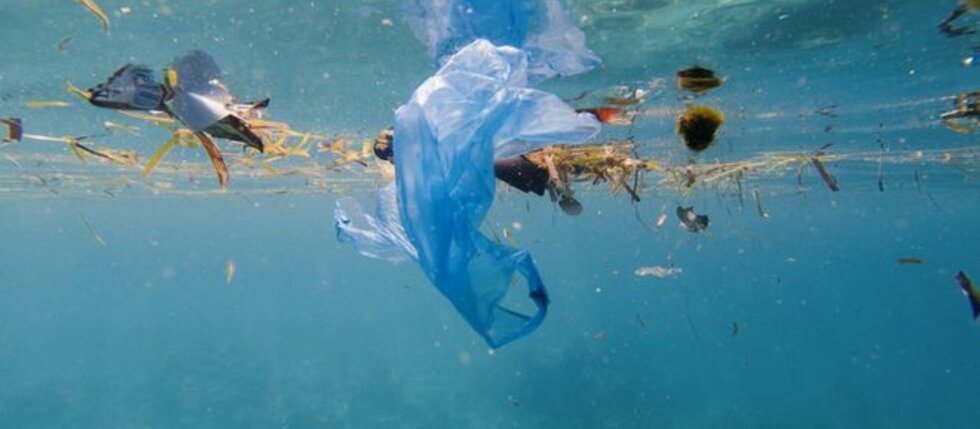Just five companies are responsible for 24% of plastic waste. The EU is going to fight with packaging, it has a new law
From 2030, all bags, boxes and similar items should be recyclable. The new law also regulates the use of harmful substances in packaging. The European Parliament has adopted legislation to ensure that food packaging is more environmentally friendly. It means that some of the plastics in which fruits and vegetables are currently sold, for example, will be removed, but the changes will affect the entire food market and its processing. The European Union wants to address the production of packaging waste with a new regulation. From 2030, all bags, boxes or similar items should be recyclable. The new law also regulates the use of harmful substances in packaging that come into direct contact with food - perfluorinated and polyfluorinated alkyl sulfonates (PFAS). These substances are often used in the production of cardboard and paper food packaging, which are fireproof or waterproof, but among other things, they can have a negative effect on fertility. Member of the European Parliament Delara Burkhardt supports the regulation and explains: "The new limits for harmful PFAS chemicals in food packaging will also increase health protection." Burkhardt is convinced that the new regulations will ensure that household waste bins will no longer fill up so quickly.
Plastics will be a thing of the past
Information from the European Parliament mentions large packaging that contains more air than product, plastic bags for ketchup and small shampoo dispensers. Light fruits and vegetables weighing less than 1.5 kg will also not be able to be sold in single-use plastic packaging in the future.
Packaging waste is to be reduced by 15% by 2040 compared to 2018. To achieve this goal, the EU plans to switch more to reusable packaging and introduce backup systems for single-use plastic bottles and aluminum cans. Let us remind you that in Slovakia we have a deposit system for most plastic bottles and cans introduced from January 2022.
However, certain exceptions are set out in EU packaging regulations. For example, wooden camembert bowls can be preserved, as can paper bags for salt or pepper. "During negotiations with the Council of Ministers, we managed to limit all these bans to plastics," says German member of the European Parliament Peter Liese. According to him, there is no obligation to use reusable packaging in mail order if sustainable materials with a high recycling rate are used.
The new regulation replaces an almost 30-year-old directive and will gradually enter into force from 2025. But before that, it must be adopted by the member states.
Just five companies = almost a quarter of plastic pollution
In the context of the new EU legislation, the second report on waste also sounds interesting. A recent study by scientists, which was published on the Science website, revealed that almost 25% of global plastic pollution can be attributed to just five large companies. Unfortunately, many of us use their products on a daily basis.
A team of international researchers analyzed nearly 1.87 million pieces of environmental plastic waste collected between 2018 and 2022. The results showed that more than half of this waste could not be attributed to a specific manufacturer. However, 24% of the pollution can be attributed to five companies.
Scary study results
Coca Cola and PepsiCo, the two major soft drink companies, account for 11% and 5% of pollution, respectively. Others on the infamous list include international food and beverage giants Nestlé and Danone, as well as Altria, one of the world's largest tobacco manufacturers. Researchers point out that greater corporate responsibility is key to tackling the growing problem of plastic pollution. They also point out that positive action by a few large multinational corporations can make a significant difference. Ending the use of single-use and short-life plastic products by large waste companies would significantly reduce global plastic pollution. The data shows that more than half of the recorded plastic waste comes from just 56 companies. In general, the more plastic a company produced, the more waste it produced. The researchers suggest that food and beverage companies, which are particularly dependent on single-use plastics, should do more to reduce plastic waste. The authors of the study point out that several steps can be taken to reduce plastic consumption, improve waste management systems, change the design of products and increase their recyclability. In the case of the vast amount of unmarked plastic that is not linked to specific companies, the researchers call for the introduction of international standards and common databases to track it more effectively. In the meantime, they are looking for ways to make plastics that are more biodegradable and don't end up in the environment. This is extremely important, especially since the production of plastics has doubled in the last two decades.




